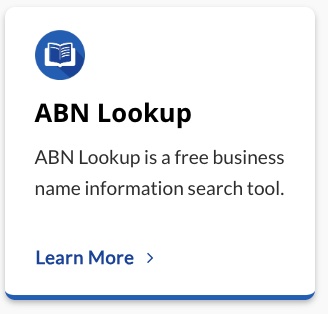Buckle up readers, it’s time to take a trip into the fascinating world of hydrogen and its potential part to play in the future of energy!
Hydrogen isn’t just the first element in the periodic table, it’s also one of the most plentiful elements in the universe. Even cooler? It has the power to transform the way we use energy. But first, we need to understand the difference between hydrogens. Yes, there’s more than one! They’re called isotopes, and hydrogen has three: protium, deuterium, and tritium.
Protium is the most common kind, with a single proton in its nucleus. Deuterium has a proton and a neutron, while tritium has two neutrons and a proton. These extra particles make deuterium and tritium rarer and heavier than protium.
The great thing about hydrogen is that it can fuel cars, heat homes, and generate electricity. But how does this magic happen? Well, hydrogen is usually combined with oxygen to make water. But scientists, being the smart people they are, have discovered a way to split water into hydrogen and oxygen in a process called “electrolysis”.
Electrolysis might sound confusing, but think of it as you would a magic trick. You can use renewable energy (like wind or solar energy) to power this process, which means that the hydrogen produced is green and environmentally-friendly.
However, storing hydrogen can be tricky! Because it’s the lightest element, it takes up a lot of room. Scientists are currently working out ways to pack it tightly so it can be used more efficiently – just imagine trying to squeeze a pillow into a suitcase!
Hydrogen can also be used to store solar and wind energy. This makes it very advantageous, especially when there’s too much of that energy or when it’s not needed. This stored energy can later be converted back into electricity or used in fuel cells to power cars or heat homes, which is handy on cloudy days or when the wind isn’t blowing!
Overall, hydrogen is a promising solution for our future energy needs. Though it is common, this element is a gem waiting to be polished by scientists and inventors. Imagine a world with cleaner air and less reliance on non-renewable energy sources. With more research and advancements in technology, this dream could soon be a reality.
However, this exciting future with hydrogen isn’t here just yet. Scientists have to overcome a few hurdles, including figuring out how to store and transport hydrogen effectively. But with all the potential benefits, it’s definitely worth the effort. All in all, hydrogen might just be the hero we need in the story of sustainable energy.
Register your new business name at register.biz.au


